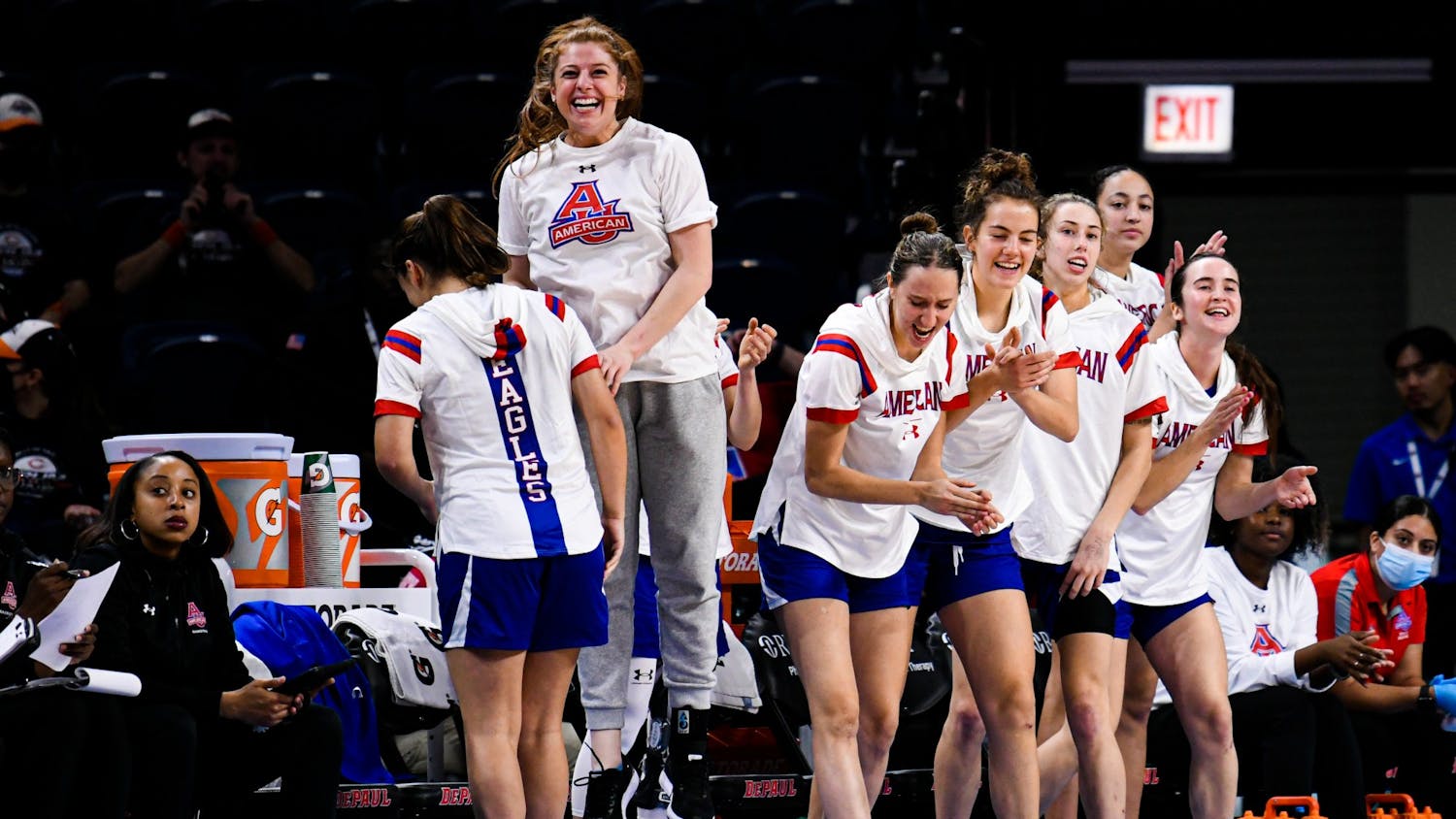The summer of 2008 is shaping up to be the season when the Washington Nationals shake their identity crisis forever. Come April, the club will christen a first-class new stadium, replacing the depressing architectural relic that is RFK. But also, and maybe even more importantly, the Nats will not have to contend with the off-field distractions that have come to define the team during their infancy in the District.
Hard to believe that just a few short years ago, the Nationals were trapped in Montreal's Olympic Stadium, playing as the Expos before several dozen fans every game. The Expos, who had endured a long history of mediocrity, had become such an embarrassment in their later years that Major League Baseball elected to purchase and subsequently operate the franchise.
Stuck with a team unable to win games or draw fans, MLB unsuccessfully attempted to disband the organization before conducting a well-publicized search for a relocation candidate. Do not forget that while the hunt was on, the league shuttled the team to and from Puerto Rico to play "home" games. The Expos were a team with no fans, made to surrender a portion of their home schedule to play neutral-site games in the Caribbean.
Eventually, the league settled on D.C. as the club's destination, selecting D.C. from a field containing exciting possibilities such as Portland, Ore., and Norfolk, Va. Of course, the transition was not without its fair share of drama.
The Baltimore Orioles' tyrannical owner, Peter G. Angelos, was steadfastly opposed to the relocation, which encroached upon his beloved mid-Atlantic market. After Angelos threw a sizeable tantrum through as many media outlets as he could find, MLB caved and agreed to pay the O's a sizeable amount of money in compensation.
Upon arriving in D.C., the Nationals were met with a great deal of excitement and fanfare. Expectations for financial success were high, as the Nats were set to round out Washington's now-complete collection of major league teams. Sure, the team would have to stick it out in the decaying RFK Stadium, but the entire move was contingent on the promise of a new stadium.
Naturally, this too was not as simple as advertised. The plan proposed by then-Mayor Tony Williams was threatened when a handful of council members were defeated in a 2004 election. After spending more than a year trying to form an acceptable proposal to fund the new stadium, an agreement was reached and approved by vote in early 2006, solidifying the team's new home and future in the District.
The controversy parade continued for the Nationals in 2006. The team was pulled into the nasty legal dispute over regional television rights, courtesy of (guess who) Angelos. The Orioles had created a new sports network to share with the Nationals, but soon a lawsuit arose with the area's other sports cable network, Comcast SportsNet, over coverage rights, which was eventually settled.
It is a shame a baseball franchise, through no fault of its own, no less, should be subjected to such a laundry list of political and contractual controversies in such a short amount of time. It is a shame a recap of major events in a team's recent history can be written without actually including anything about the game.
What is the controversy du jour for the Nats, casting a worrisome cloud over the franchise? Well, for a change, there really isn't one. As players report to Spring Training this week in sunny Florida, the Nationals will be presented with the chance to unshackle themselves from an embarrassing and unfortunate past and move forward into their own identity.
The Nats will have a healthy and revamped roster, featuring newcomers Lastings Milledge and Paul Lo Duca, to go along with their new state-of-the-art facility. What will the team have to do to make fans forget about media lawsuits and city council bickering? Nothing special, really - just play ball. Here's hoping all of that stays in the past, because the Nationals are finally home.




